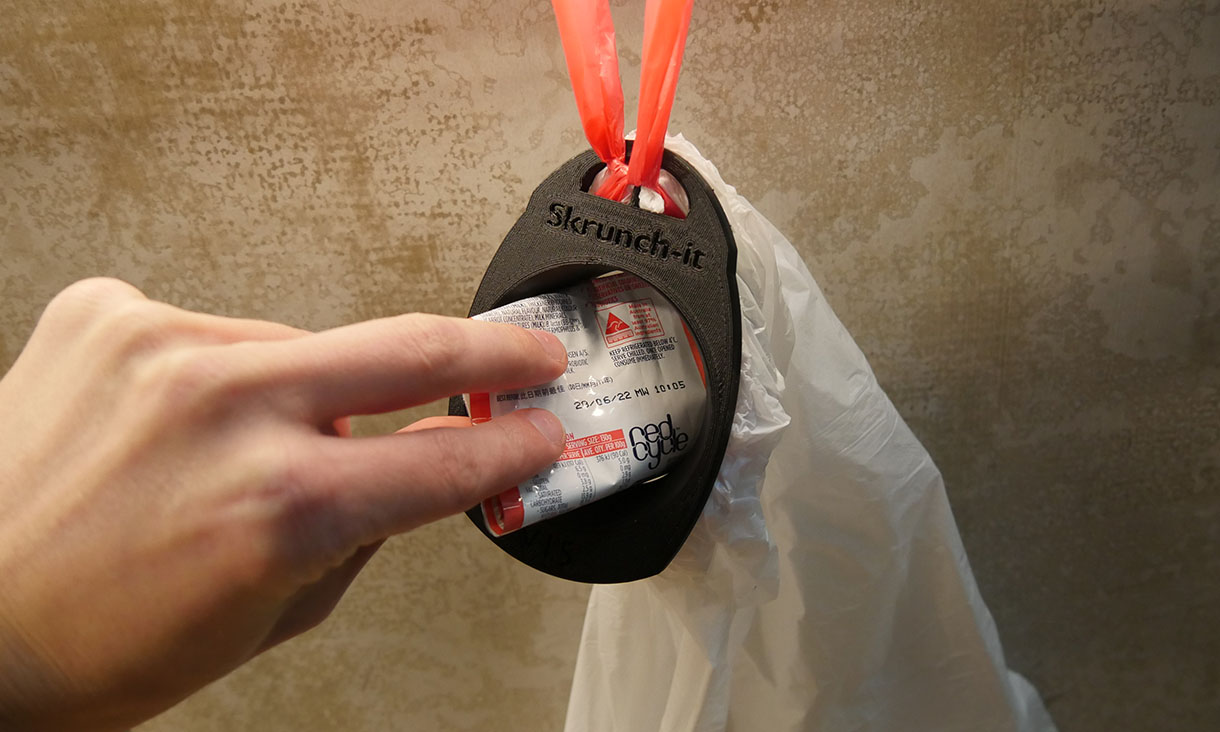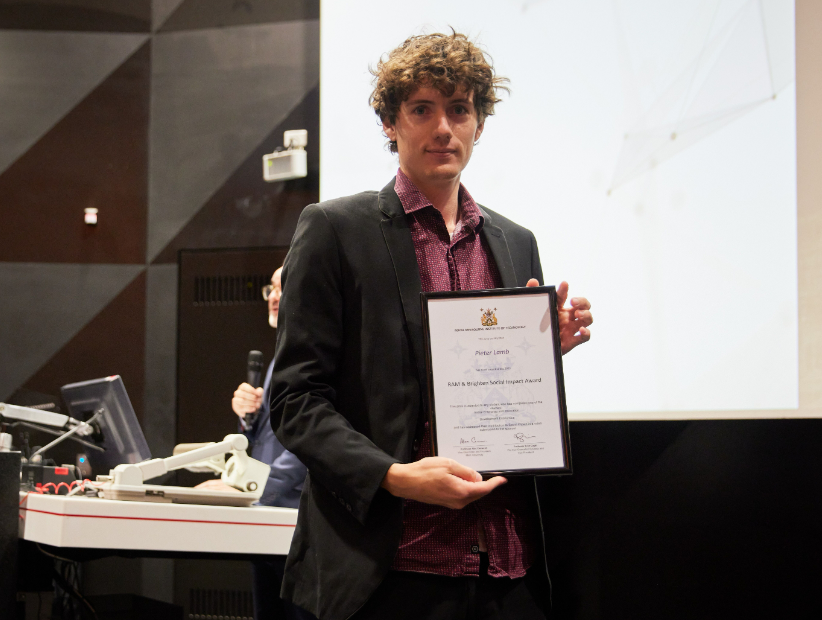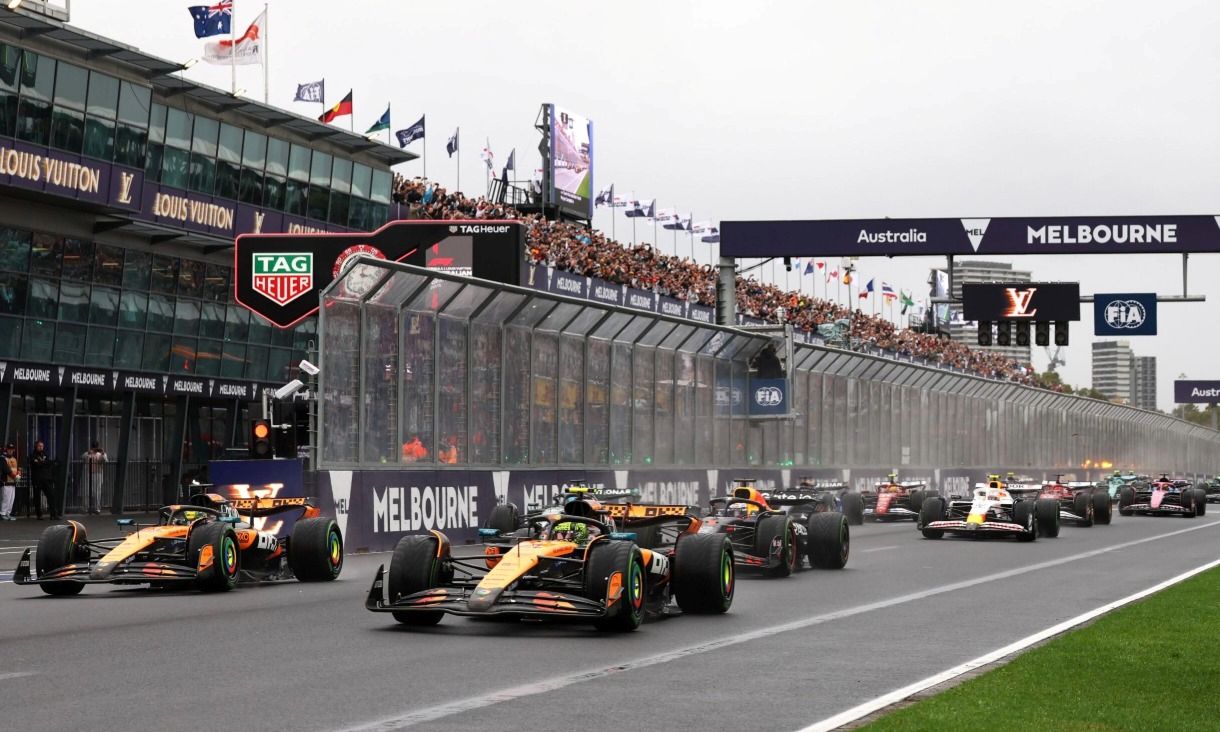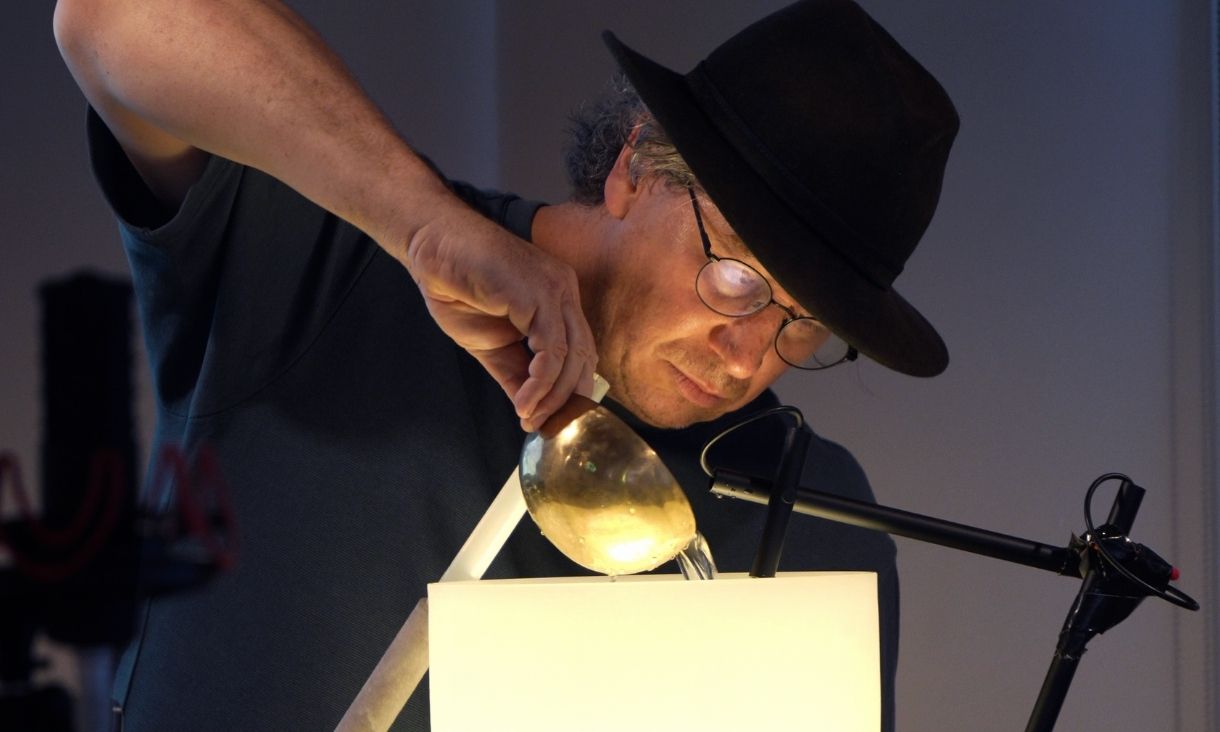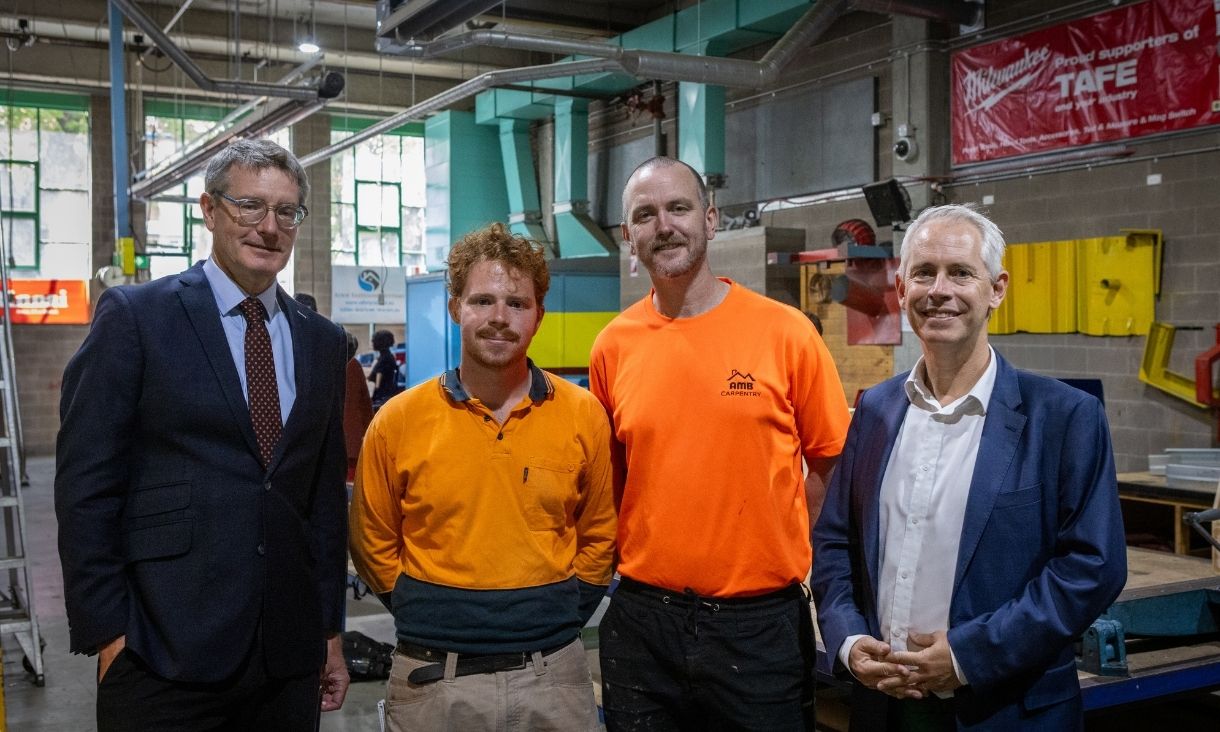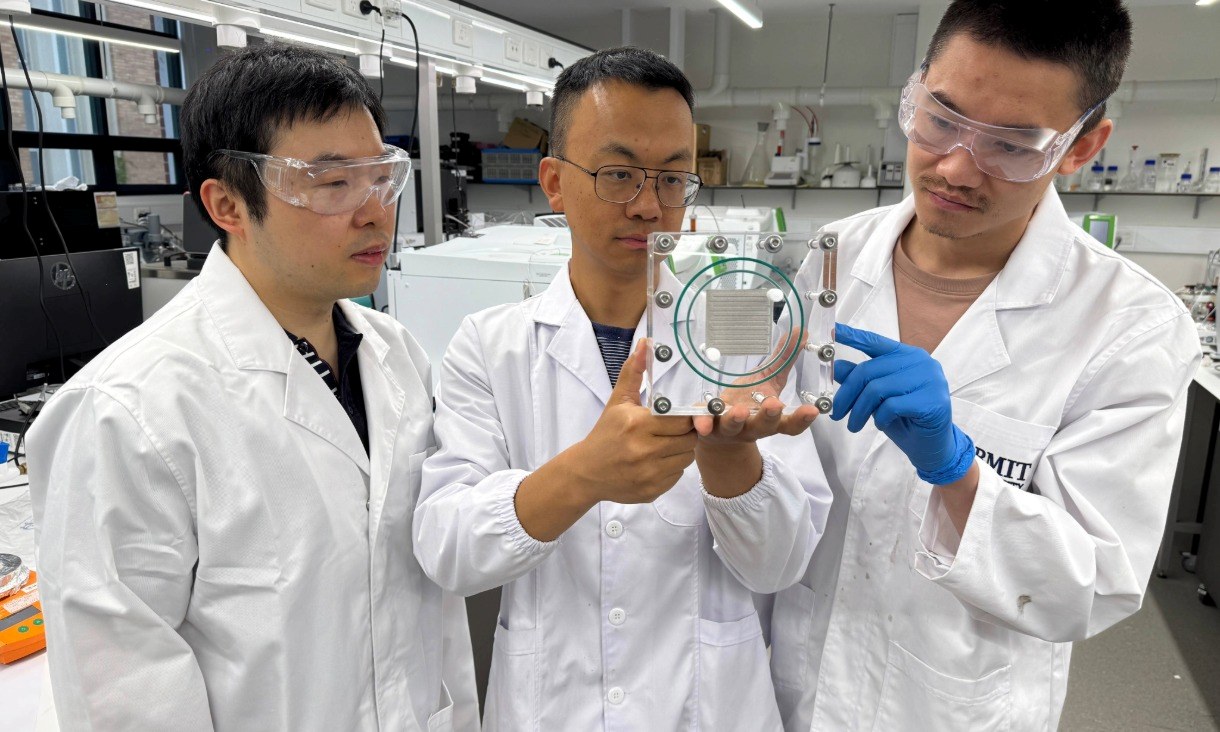RMIT puts STEM students in pole position with the Australian Grand Prix Corporation
RMIT and the Australian Grand Prix Corporation (AGPC) have agreed to a new three-year partnership to bring more students into the world of STEM.
Gathering of Cultural Custodians and international academics call for paradigm shift in land-based relationships
An RMIT-led event at CERES Community Environmental Park convened philosophers, artists, educators and Cultural Custodians to collectively reimagine regenerative relationships with land and place.
Celebrating three years of Free TAFE: RMIT showcases student success and skills for the future
The Hon Andrew Giles MP visited RMIT’s City campus last week, in celebration of the third anniversary of the Commonwealth’s Fee‑Free TAFE initiative.
New carbon-conversion technology could turn emissions into jet fuel
RMIT researchers have developed a carbon conversion technology that may one day help turn industrial emissions into jet fuel, by simplifying how carbon dioxide is recycled.

